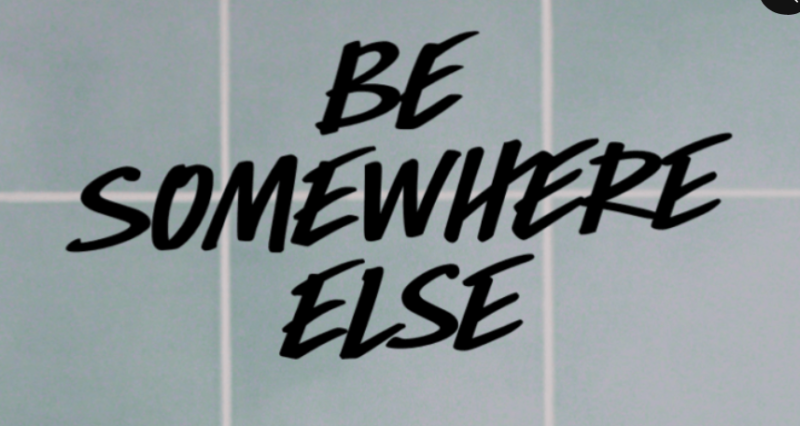Lush’s decision to drop social media engagement is planning the brand’s funeral
“Nothing but a lone wolf making a bad decision based on nothing more than their inability to win at social,” argues King Kong founder and head of growth, Sabri Suby.
Cosmetic retailer Lush has finally followed through on its two-year long threat to stop posting on social, deciding to no longer post across Facebook, Instagram, TikTok and Snapchat globally.
It’s easy to see why the company might feel dissatisfied with social. Lush have millions of followers across their various platforms, but judging by a quick look at Social Blade, their content hasn’t been attracting much attention for a very long time.

The Lush UK Facebook page hasn’t seen any significant follower growth since the company’s original announcement that it was going to shut its social accounts way back in 2019. For a relatively large follower base across Facebook, they clearly haven’t discovered the social media secret sauce (although ironically, its post about leaving social media has attracted a lot of attention).


I think you might be confusing performance and purpose. Lush are not moving off social because it’s not working – its because they are concerned, with good reason, the impact social media has on young people. Lush have always been a values-driven organisation and they are making a decision that might not be optimal if performance and growth were their only metric in business. Instead they choose to follow their values and make a statement about how they want to grow their business and reach new customers. If they were just a digital brand I think this might be a difficult move but they can focus on other channels along with amazing, personal and inclusive in-store experiences to draw people in (love or loath that smell…). I don’t work for Lush but I do have a teenage daughter who loves Lush and she doesn’t needs to see them on Tiktok to be a fan. Bravo Lush!
A well-written piece, but I sincerely hope you’re wrong.